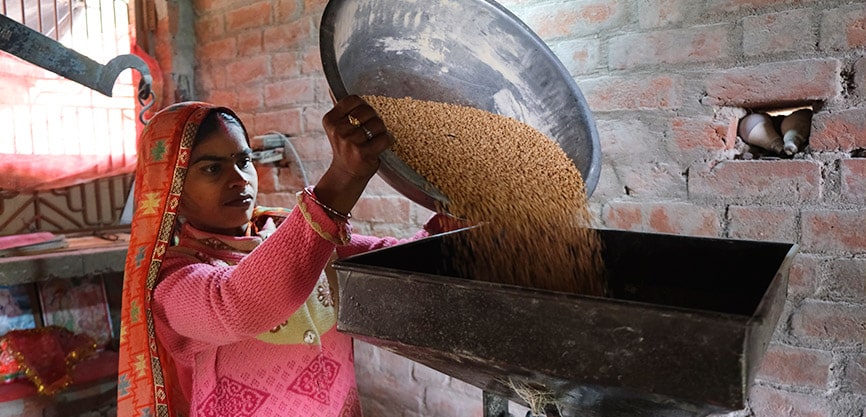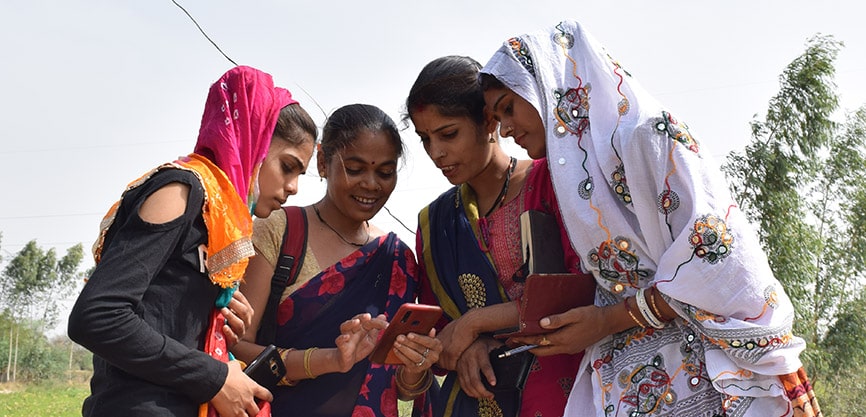

The Work4Progress (W4P) programme, launched in India by Development Alternatives in 2016 and supported by the ”la Caixa’’ Foundation, seeks to create new employment opportunities. It operates as an open platform for social innovation, formed by civil society organisations, financing institutions, research and technology agencies, and public stakeholder institutions. Social innovation is at the core of the W4P approach and brings with it advanced tools and methodologies for key processes of listening, co-creating, prototyping and accelerating. Deep listening lays a solid foundation for community-centeredness, innovation, and social change. Central to the wider application of social innovation are solutions or 'prototypes' that are tested and are available for replication. There are enterprise prototypes, which are opportunity-driven businesses that cater to existing, emerging, and potential requirements of rural economies, and systemic prototypes, which are co-designed with communities and create shifts in the local entrepreneurial ecosystems.

The Women Empowerment through Livelihoods, Entrepreneurship and Access through Digitalisation (WE LEAD) project aims to empower 2400 girls/women in Jhajjar district of Haryana by leveraging digital technology to bridge information, resource and skill gaps. It is designed to leverage digital technology to bridge information, resource and skill gaps and create sustainable economic opportunities for 2400 girls and women. In order to achieve this objective, the program aims to train 1400 girls/women, bridge the information gap for 1000 individuals, link 840 trained individuals with livelihood opportunities and support 225 women-led enterprises, across the 2 clusters in the Jhajjar district of Haryana.